Power Platform Certification Roadmap
Recommended certification paths for Business Analyst, Developer, Architect, and RPA Developer roles, including prerequisites and progression advice.
Introduction to the Roadmap
The Microsoft Power Platform certification roadmap helps learners understand the ideal sequence to acquire skills and certifications in a structured way. Each path corresponds to a specific professional role—Business Analyst, Developer, Architect, or RPA Developer. Understanding the certification sequence allows professionals to build a coherent and recognized career within the Microsoft ecosystem.
The Power Platform integrates tools such as Power Apps, Power Automate, Power BI, and Power Virtual Agents. Certifications range from the fundamentals (PL‑900) to advanced roles like Solution Architect (PL‑600).
Certification Path Overview
Each Power Platform exam represents a step toward a higher level of expertise. The roadmap below illustrates the relationship between certifications and the roles they align with.
The diagram above represents the logical progression between certifications, starting from the foundation (PL‑900) up to the Solution Architect role (PL‑600). Each exam builds on the previous one, adding technical, design, and governance competencies.
Recommended Career Paths
Business Analyst
The Business Analyst role focuses on analyzing business processes and translating requirements into digital solutions. The recommended path is:
- PL-900: foundational Power Platform concepts.
- PL-100: no-code app creation with Power Apps.
- PL-200: end-to-end implementation as a Functional Consultant.
This path enables mastery in requirement analysis and low-code solution design.
Developer
The Developer path focuses on creating custom components and integrating external systems:
- PL-900: foundational knowledge.
- PL-200: functional configuration.
- PL-400: developing custom controls and plug-ins.
The PL‑400 introduces the Power Apps Component Framework (PCF) and Dataverse APIs, essential for advanced customization.
Solution Architect
The Solution Architect designs comprehensive solutions, manages complex requirements, and ensures governance and security. The typical path includes:
- PL-900: foundational knowledge.
- PL-200 and PL-400 for technical expertise.
- PL-600: architectural design and ALM.
The PL‑600 consolidates architectural vision, combining technical, functional, and strategic aspects.
RPA Developer
The RPA Developer automates business and desktop processes. The suggested path is:
- PL-900: fundamentals.
- PL-500: process automation using Power Automate Desktop.
This certification focuses on Robotic Process Automation capabilities and flow orchestration.
Prerequisites and Recommendations
Before starting any path, it’s advisable to become familiar with Power Platform fundamentals through the PL‑900T00 course. Subsequent certifications require hands-on knowledge of Dataverse, automations, and app components.
- Experience with Microsoft 365 and Azure facilitates understanding integrations.
- Basic SQL and data modeling knowledge supports PL‑200 and PL‑400 paths.
- Advanced roles like Architect require knowledge of ALM, DevOps, and governance (learn more here).
Frequently Asked Questions about the Roadmap
Can I skip directly to an advanced certification?
It’s possible but not recommended. Foundational certifications like PL‑900 provide the common language and basic knowledge required for subsequent exams.
Do certifications expire?
Yes, Microsoft periodically requires certification renewal, typically every year. Learn more in the Certification Renewal Requirements section.
How can I prepare effectively?
Refer to the PL‑200 study plan or lab guides for hands-on practice. Additionally, Microsoft Learn offers free, up-to-date learning paths.
Start Your Power Platform Certification Journey
Build your skills step by step with official Microsoft courses and earn globally recognized certifications.

